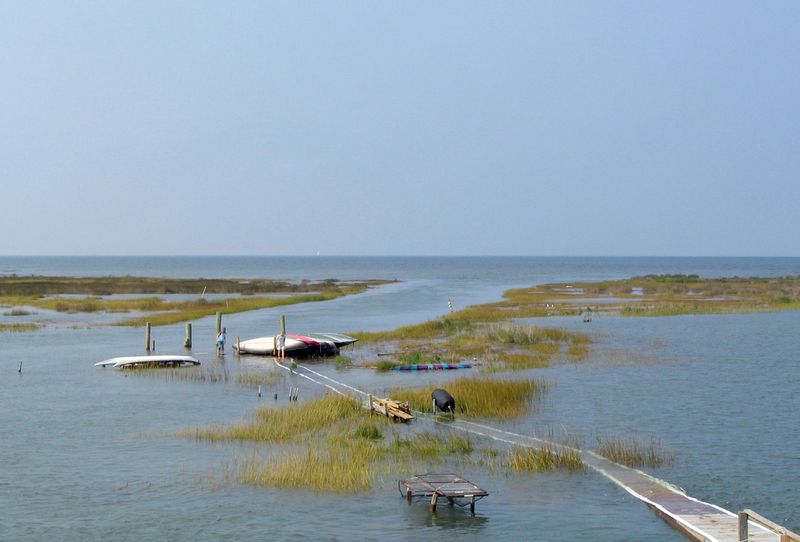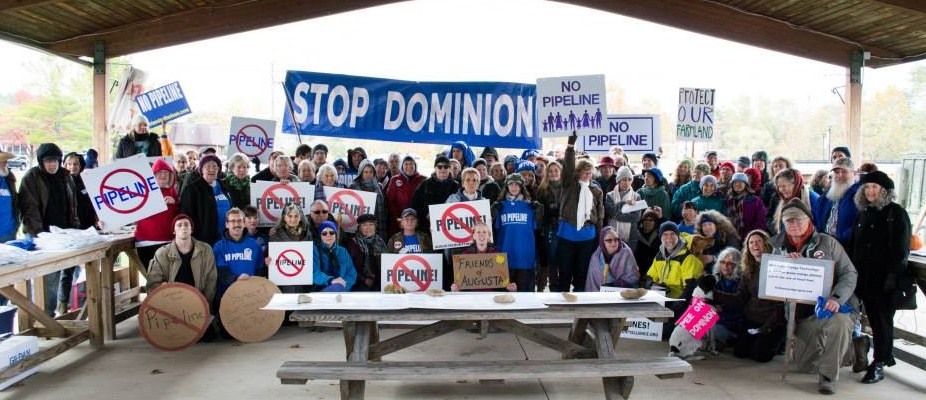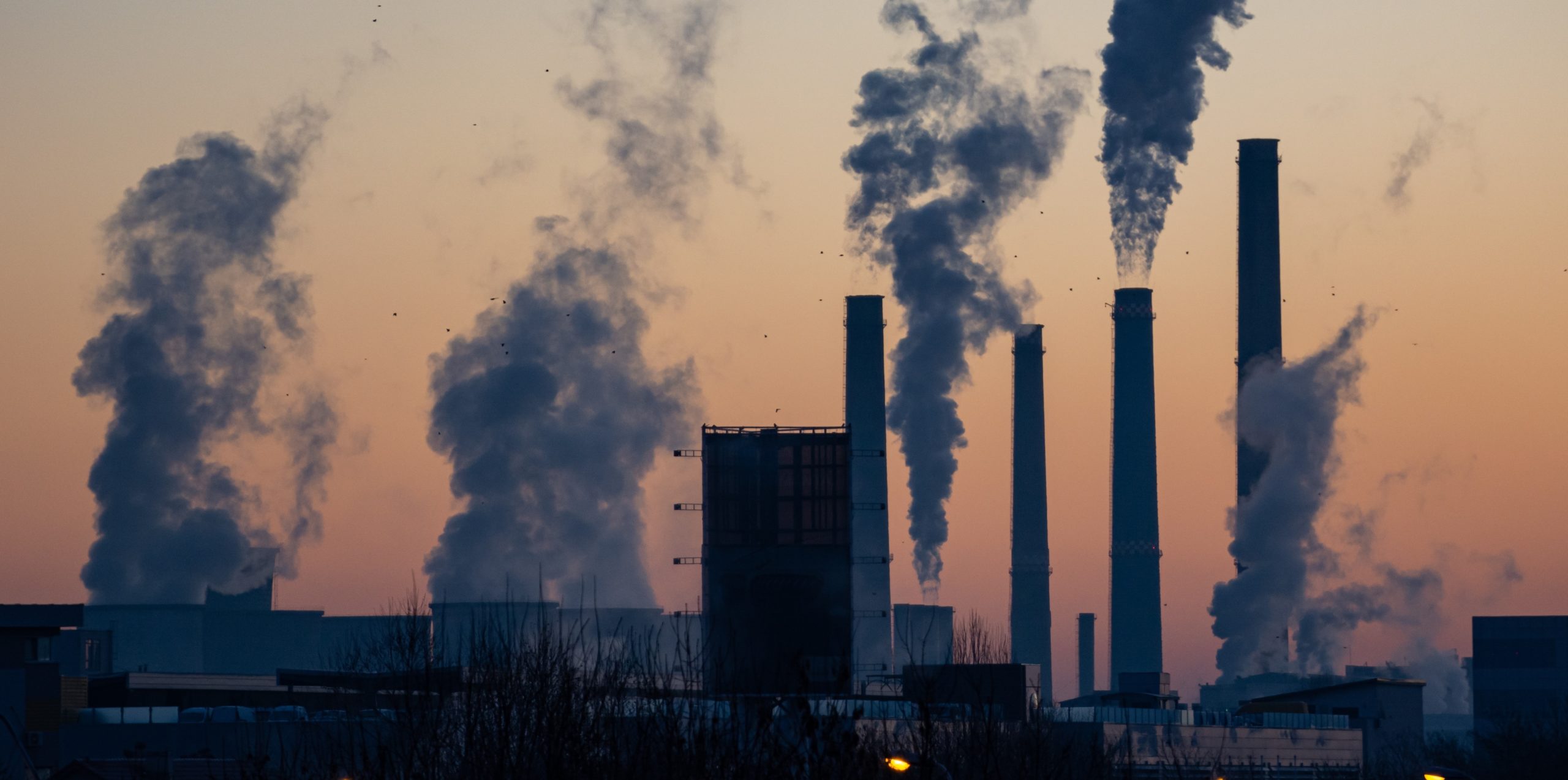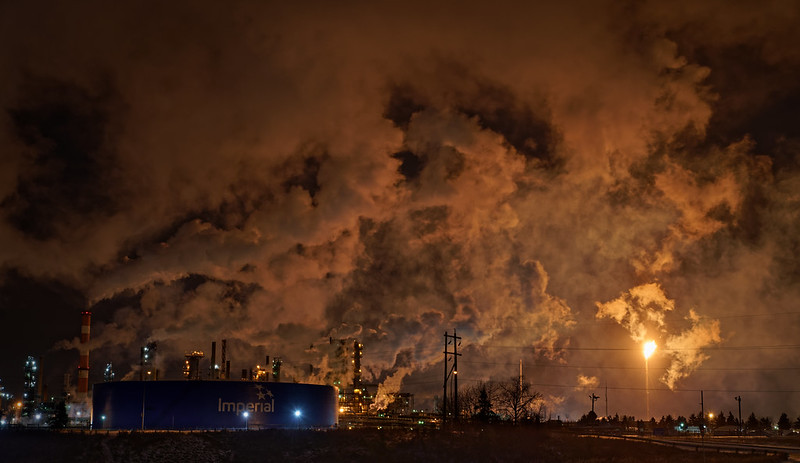Allies Send EPA a Notice of Intent to Sue over Agency’s Failure to Update Inadequate 34-Year-Old Standards
FOR IMMEDIATE RELEASE: Thursday, June 11, 2020
Media contact: Tom Pelton, Environmental Integrity Project (443) 510-2574 or tpelton@environmentalintegrity.org
Washington, D.C. – A coalition of ten environmental organizations today sent the Trump Administration EPA a notice of intent to sue the agency over its failure to reduce toxic air pollution from the flares on petrochemical plants, gas processing facilities, and other industrial sites.
Across the country, thousands of industrial flares burn excess waste gases and release smog-forming volatile organic compounds (VOCs), carcinogenic benzene, and other pollutants that threaten the health of people living nearby, often minorities and communities with moderate incomes.
EPA has not updated the air pollution control standards for industrial flares in 34 years, even though the federal Clean Air Act requires that agency review them at least once every eight years to make sure they adequately protect the public and incorporate improvements in technology, according to the notice.
“At this time when people are more vulnerable to pneumonia from COVID-19 when they are exposed to air pollution, it is unconscionable that the Trump EPA has not done its job and updated these weak and antiquated standards,” said Adam Kron, Senior Attorney for the Environmental Integrity Project (EIP).
Joseph Otis Minott, Esq., Executive Director and Chief Counsel of Clean Air Council, said: “The outdated technology EPA is allowing polluters to use to reduce emissions is endangering our communities. Thirty-four years of inaction is unacceptable; EPA needs to do its job and update its regulations.”
The organizations that sent the notice – the first required step in a federal lawsuit – are EIP, Clean Air Council, Air Alliance Houston, Chesapeake Climate Action Network, Earthworks, Environment America, Environment Texas, Hoosier Environmental Council, PennEnvironment, and Texas Campaign for the Environment.
Industrial facilities, like chemical manufacturers and natural gas processing plants, use flares as pollution control devices to burn and destroy dangerous organic compounds like benzene in waste gases. However, the flares are only effective as pollution control devices if they are operated correctly.
For example, operators inject steam into flares to keep them from smoking (which releases soot or fine particle pollution). But they often add far more steam than is needed. EPA and industry studies have shown that flares that are over-steamed do not burn well, releasing large amounts of benzene and other toxic or smog-forming compounds that should have been destroyed during the combustion process.
The types of industrial flares that are the subject of the today’s notice do not include flares on drilling sites or oil refineries. The general industrial flares being targeted for the improvements in the notice include those on chemical factories, solid waste landfills, gasoline terminals, and natural gas processing plants.
More than three decades after EPA established requirements for these general industrial flares in 1986, these standards no longer reflect the “best system of emission reduction,” according to the notice filed by the 10 environmental organizations.
For example, the current standards’ minimum heating value requirements are not based on where the flare is actually burning (the “combustion zone”) and therefore miss if an operator is injecting too much steam or air into the flare, dramatically lowering its efficiency. Additionally, the current standards let operators average their measurements over long, three-hour periods rather than a shorter time, allowing for spikes that depart from proper operation. In fact, EPA has estimated that improperly operated flares may release five times or more the pollution as a properly operated flare.
Recently, EPA conducted a rulemaking that not only pointed out the shortcomings of the current flare standards but also set out specific revisions that could correct these problems. In March 2020, EPA finalized revisions to National Emission Standards for Hazardous Air Pollutants (NESHAP) standards for ethylene production facilities that included revised flare standards similar to what the groups have requested here. For just the approximately 100 flares covered by the rule, EPA estimated that revised flare standards have the potential to reduce excess emissions by approximately 1,430 tons per year of hazardous air pollutants (HAPs) and 13,020 tons per year of VOCs. On a per-flare basis, that’s about 14 tons per year of hazardous pollutants and 130 tons per year of VOCs.
Quotes from Environmental Organizations:
Environment Texas: “In our Clean Air Act lawsuit against ExxonMobil, an expert on industrial flares testified at trial that illegal flaring emissions from the company’s Baytown petrochemical complex were probably three to four times higher than the amounts ExxonMobil reported — and that testimony went completely unrebutted,” said Luke Metzger, Executive Director of Environment Texas. “These hidden impacts on surrounding communities are significant, as the reported violations alone already totaled 10 million pounds of harmful chemicals.”
In Texas, three of the top five largest unpermitted pollution releases from industrial flares in 2019 happened at the Exxon Mobil Chemical Baytown Olefins Plant east of Houston, which released 48 tons of air pollution from February 28 to March 12, 2019; 75 tons of air pollution from June 28 to July 13, 2019; and another 67 tons from August 1 to August 18, 2019, according to records of the Texas Commission on Environmental Quality. Environment Texas sued Exxon Mobil over the plant’s air pollution.
PennEnvironment: “While many people may look back fondly and love the 80s, we’d all agree that technology and the things we know about air pollution have dramatically improved over the past three decades,” said PennEnvironment Executive Director David Masur. “Health based standards from the 80s are in no way acceptable for protecting public health, our communities and our environment today.”
Chesapeake Climate Action Network: “For too long, fossil fuel companies have been allowed to emit dangerous levels of pollution at industrial facilities that are all too often located in minority communities,” said Anne Havemann, General Counsel at the Chesapeake Climate Action Network. “Virtually unchecked industrial flaring at these facilities harms the climate, health, and justice, and the EPA must fix its illegally outdated rules as soon as possible.”
Hoosier Environmental Council: “With a ranking of 43rd in air quality, 40th in health outcomes, and 13th in COVID-19 deaths per capita, there is a great urgency in Indiana to strengthen air quality protections to reduce harm to an already vulnerable population,” said Jesse Kharbanda, Executive Director of the Hoosier Environmental Council. “We urge the EPA to revise the badly out-of-date flare standards; revisions would improve air quality in at least five of six regions of Indiana.”
Texas Campaign for the Environment: “Industrial flares light up the skies with toxic pollution near the homes, schools and workplaces of many Texans,” said Robin Schneider, Executive Director of Texas Campaign for the Environment. “People rightly fear for the health of their families and neighbors, particularly overburdened communities of color,” said Robin Schneider, Executive Director of Texas Campaign for the Environment.
For a copy of the notice, click here.
The Environmental Integrity Project is an 18-year-old nonprofit organization, based in Washington D.C. and Austin, Texas, that is dedicated to enforcing environmental laws and strengthening policy to protect public health.
Clean Air Council is a member-supported environmental organization dedicated to protecting and defending everyone’s right to a healthy environment.
Environment Texas is a non-profit advocate for clean air, clean water, and open space.
The Chesapeake Climate Action Network (CCAN) is the first grassroots, nonprofit organization dedicated exclusively to fighting global warming in Maryland, Virginia, and Washington, D.C.
PennEnvironment is a statewide, citizen-based nonprofit environmental advocacy group working for clean air, clean water, tackling climate change and preserving Pennsylvania’s incredible outdoor places.
Texas Campaign for the Environment is a grassroots organization that empowers Texans to fight pollution through sustained grassroots organizing campaigns that shift corporate and governmental policy.
Environment America is a national network of 29 state environmental groups that work for clean air, clean water, clean energy, wildlife and open spaces, and a livable climate.
Air Alliance Houston is a non-profit advocacy organization working to reduce the public health impacts of air pollution and advance environmental justice.
The Hoosier Environmental is Indiana’s largest environmental public policy organization, working to address environmental justice, protect land and water, and advance a sustainable economy.
###










